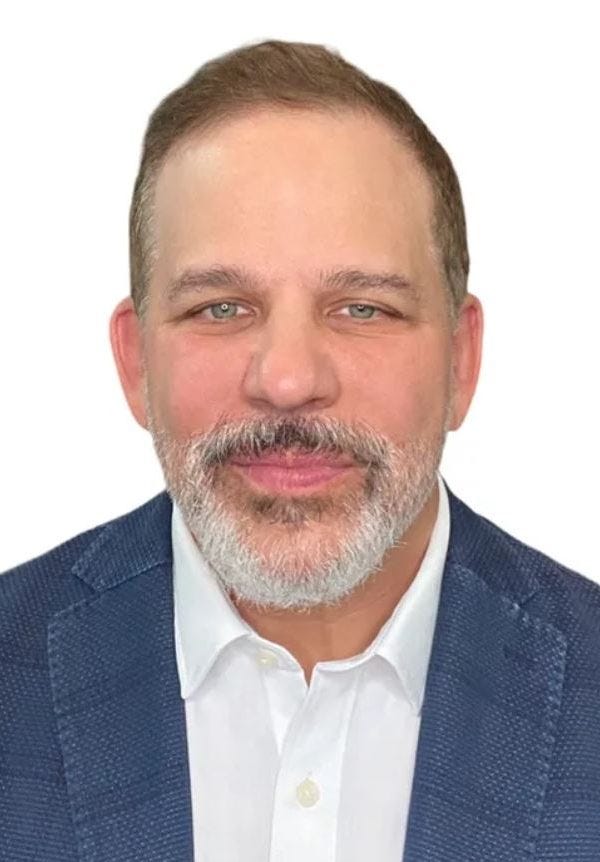It's not a TSD. It's not a so-called "superagency." But this company's business model is sure to shake up the channel.

Holding company Capteon is positioning itself as the alternative to private equity-funded agent M&A strategies.
Capteon emerged last year in search of technology advisors (agents) who would like to participate in a liquidity event in the upcoming years but don’t need an influx of cash at the present moment. Companies in Capteon’s portfolio will pay 7% of their net commissions to Capteon and receive legal, tax and commission support resources from the holding company. Moreover, the holding company will ultimately shoulder the heavy lifting of preparing for a sale to a strategic buyer. That sale would occur four to five years down the line, Capteon leaders tell Channel Futures.
“We seek like-minded, like-spirited people who don’t want cash now and are also on the rise – they are in massive growth mode. They become part of the holding company, and they’re pledging the equity of their company to a qualified liquidity event in the future. Our horizon is three to five years; it’s in the contract,” said Capteon CEO Vic Pepe, who also serves as managing partner at the technology advisor D&M Enterprise Group.

Capteon’s Vic Pepe
Capteon hosted its first event in January. Eighteen agencies joined Capteon at the event in Dallas. The company has set a deadline of the end of April for agents to join as founding members. Founding partners will see their 7% rebated back at the liquidity event with a 10% APR. Members who join after the deadline will receive the 7% without the 10% APR.
An Alternative
The deal targets agent partners who source a variety of as-a-service telecom and IT offerings for businesses. The agent channel has seen an outpouring of institutional investors who value the monthly recurring commissions these partners have built up over the years, in addition to the nimbleness technology advisors in delivering multiple technologies from multiple vendors.
Pepe said the project emerged from feedback from agents who have sold their businesses or are considering selling them. He said the conversations revealed partners’ unhappiness or unwillingness to give away their autonomy as business owners.

Capteon’s Jay Bradley
Chief partner success officer Jay Bradley said he found Capteon’s model attractive because it enables agents to earn a higher multiple on a future sale without sacrificing their independence and lifestyle in the near-term.
“This gives them all of those opportunities to build something for the future that will pay off handsomely and allow them to continue to live the life they love right now,” said Bradley.
He notably served as the president of Intelisys for more than a decade.
Bradley and Pepe spoke to Channel Futures about why Capteon fit a need in the agent channel. Learn about the company’s inception and model in the 10 slides above.
Want to contact the author directly about this story? Have ideas for a follow-up article? Email James Anderson or connect with him on LinkedIn. |
Read more about:
AgentsAbout the Author(s)
You May Also Like


